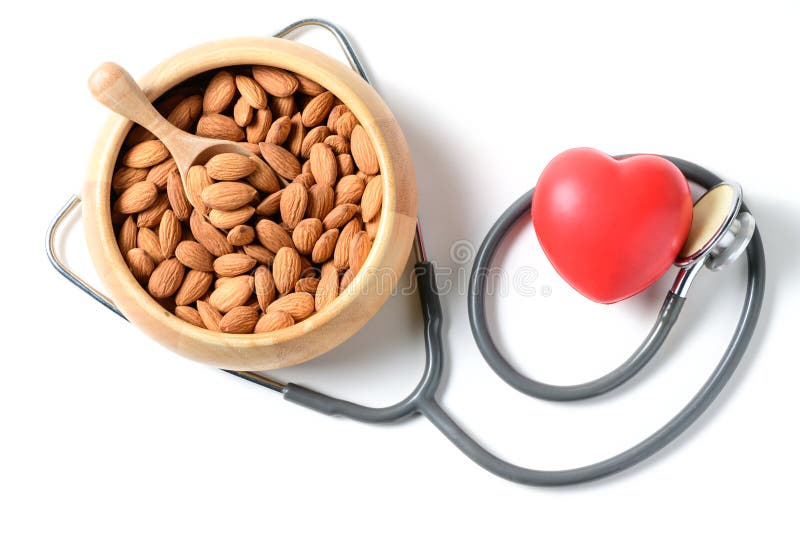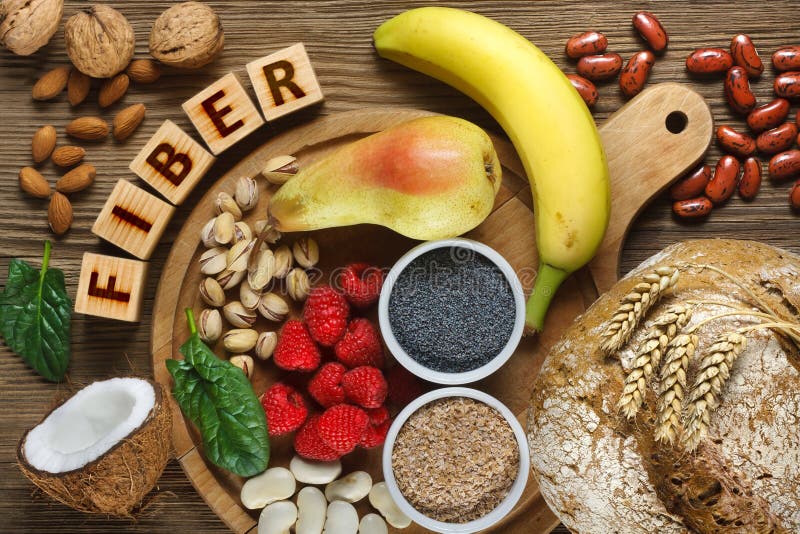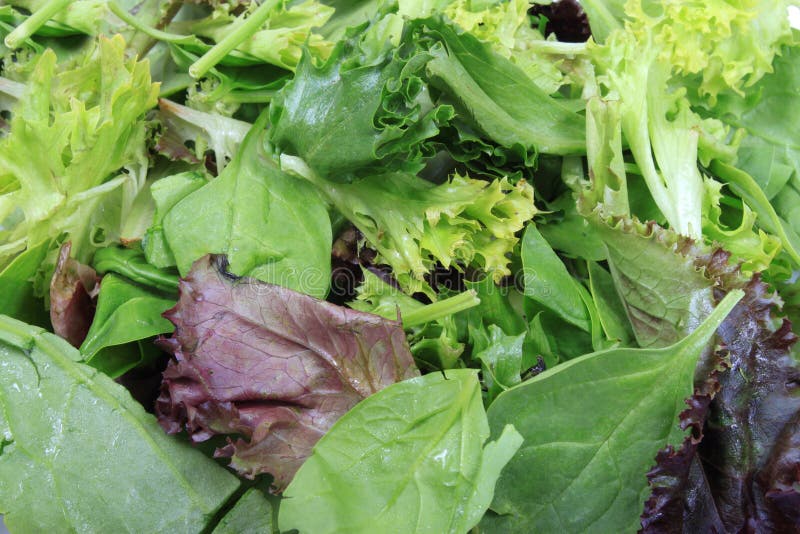HERE’S HOW TO ENJOY A VEGAN DIET FOR HEART HEALTH & LONG-LIFE

Why go for a vegan diet for heart health benefits? As human beings, Nature designed us to get nourishment from plants, like trees, bushes, herbs, creepers, and shrubs. That’s where we get various vegetables, fruits, grains, berries, nuts, and other plant foods. If we veer too far from that, that’s when we start to be unhealthy and then get sick.
But despite all the medical knowledge and breakthroughs, cardiovascular disease still is among the many lifestyle diseases to be concerned about. And it’s been years since the world was made aware of the importance of lifestyle choices, health, nutrition, and vegan diets. And the Blue Zone countries where lifestyle diseases are low, or even non-existent, were making waves globally.
In line with that, we’d like to strengthen people’s awareness of the vegan diet and adopt it. And to remind us to include more natural foods for our meals and live a healthy lifestyle. We also aim to promote that lots of vegan dishes could be made delicious and tempting. And that you’re not only feeding yourself healthy stuff but also savoring a vegan diet. By making it a part of your daily cuisine, you get the full benefits of being in your best health, living fully, and thriving well. It’s enjoying great-tasting foods that are truly healthy, that you can easily prepare.
Not just plant-based, but healthful, too
What does a potent yet yummy food plate that boosts a healthy heart look like? You’d imagine a healthy, low-fat, high-fiber food plate loaded with nourishing carbohydrates, vegetables, nuts, and fruits. And that makes it a vegan diet for longevity, too! What’s more, it lowers the incidence of many other life-threatening illnesses. And even if your family has a genetic predisposition for a certain disease, identifying the triggers would lead to its prevention.

Variations of the ideal vegetarian diet for others
This helps explain why a vegan diet works in both the prevention and control of heart disease. The vegan diet includes only plant-based foods such as vegetables, fruits, grains, legumes (dried beans and peas), seeds, and nuts. However, some prefer other variants apart from the strict vegan diet. They may include vegans who eat no animal products; semi-vegetarians, who eat meat only once weekly; fish-vegetarians, who eat fish but no meat; and lacto-ovo-vegetarians, who consume veggies, dairy products, and eggs.
Most Saturated Fat Comes from Animal Sources
Vegans have a lower intake of saturated fat and higher consumption of fiber, leading to lower cholesterol levels. In some studies, vegans, and lacto-ovo- vegetarians were grouped together and were found to be at lower risk for heart disease. However, in a recent analysis of the Adventist Health Study, vegan men had a lower risk of dying from heart disease in comparison with the lacto-ovo-vegetarians and non-vegetarians.3
Therefore, individuals who opt for a vegan diet for heart health avoid eating meat or animal products like dairy and eggs. The vegan diet has been proven to protect against heart disease. It has been discovered that high consumption of saturated fat from red meat can increase blood cholesterol levels, which leads to an increased risk of cardiovascular disease. Hence, adopting a vegan diet for a healthier cardiovascular system heart disease is encouraged to prevent and beat the disease.
Two More Reasons to Go for Vegan Diet
As Nature designed the human body to thrive on natural foods, it’s not difficult to understand that the vegan diet works not only to promote cardiovascular or heart health. It also supports healthy weight loss and prevents type 2 diabetes. Let’s go deeper and know the health benefits of the vegan diet


Cholesterol and Lipoproteins
High blood cholesterol levels have been linked to an increased risk of heart disease. The accumulation of excess cholesterol in the blood vessels results in the narrowing of the arteries, known as atherosclerosis. A healthy blood cholesterol level results from appropriate proportions of different lipoproteins in the blood. Lipoproteins take part in the transport of cholesterol around the body. Increased blood cholesterol levels are associated with a low level of high-density lipoprotein (HDL), or a high level of low-density lipoprotein (LDL).
Clarke et al (British Medical Journal, 1997)1 found that replacing saturated fats with complex carbohydrates resulted in a significant reduction of cholesterol levels. They noted an average reduction of 10 to 15%. Red meat has high saturated fats. However, vegan diets which do not include red meat and dairy products contain little to no saturated fat. So, remember to choose natural foods for our meals and live a healthy lifestyle to live longer and enjoy life!
The Benefit of Fiber in Vegan Diet
A vegan diet consists of a lot of fiber. Professionals estimate that most vegans consume about 50-100% more fiber than non-vegans. This makes vegans less disposed to the risk of heart disease. A high-fiber diet promotes a more favorable lipoprotein profile, lowering the risk of heart disease. Furthermore, soluble fiber lowers blood cholesterol levels which reduces the risk of heart disease.

The Benefit of Folic Acid in Leafy Greens
Most fruits and vegetables, especially leafy greens, contain high levels of folic acid. Vegans consume more vegetables in their diet than non-vegans. However, a so-called vegan whose lifestyle doesn’t conform with those recommended for vegans may eventually succumb to heart disease. Research shows that folic acid helps in reducing homocysteine levels. Lower homocysteine levels reduce the risk of heart disease.

Then one study subjected a number of healthy subjects to a vegan diet along with other lifestyle criteria like abstinence from alcohol and tobacco, physical exercise, and stress management. This study was conducted by DeRose et al with the result published in the Journal of Preventive Medicine.2 The findings revealed that plasma homocysteine levels were significantly reduced in just one week of intervention.
However, this study did not isolate the vegan diet alone. Therefore, a complete conclusion cannot be drawn to show that the vegan diet was responsible. However, it seems reasonable that the plant-based diet assisted or caused the reduction in plasma homocysteine. Further studies should eliminate other lifestyle restrictions to assess the amount of involvement.
Vegan Diet and Heart Disease Treatment

Sanders et al conducted a study that was published in the American Journal of Clinical Nutrition.4 In that study, a number of conditions or features that are related to the risk of heart disease were compared between vegans and non-vegans. The vegan group had a lower weight and skinfold thickness than non-vegans. This result suggests a lesser likelihood of developing obesity when a vegan lifestyle is adopted. Furthermore, the vegan group showed a significantly lower cholesterol level and a higher proportion of linoleic acid than non-vegans. These results suggest that a vegan diet may be helpful in angina and heart disease treatment.
Vegan Diet for Heart Disease Prevention and Treatment
The following are some ways to fine-tune your vegan meals to make them more appetizing. You’d be amazed how vegetables and other plant-based ingredients can make a recipe or a viand not only look mouthwatering but also filling and gratifying.
-
Replace Fatty Meats with Plant-based Diet
- Our bodies require a small amount of cholesterol to properly function. However, our body generates this naturally, without the consumption of fatty meats. Plants don’t produce cholesterol, only animal-derived food products do. Excessive cholesterol in the body harms our health. The American Heart Association warns that high cholesterol in the blood is a major risk factor for heart disease, heart attack, and stroke.
- LDL (low-density lipid) cholesterol (LDL), is known as the bad form of cholesterol. Physicians consider it one of the products responsible for atherosclerotic plaque. Other products that contribute to this plaque in the arteries (that convey blood away from the heart) include calcium, fats, and waste products. These bring about the blockage and hardening of the arteries, which often result in a stroke or heart attack.
- Foods like olive oil, nuts, and avocados are good sources of monounsaturated or polyunsaturated fats. They are a healthy replacement for saturated fats and oils. Using these replacements helps achieve a low blood cholesterol level. Medical professionals recommend we consume less than 10% of daily calories from saturated fats. Nutrition experts agree on the desirability of replacing fatty meats and poultry with plant-based foods.
-
The fiber in Plant-based Diet Provides Health Benefits
- A plant-based food plate supplies enough fiber in your diet. Dietary fiber aids in reducing the bad cholesterol circulating in your body. The fiber acts by interacting with the bad cholesterol in your digestive tract and helps in removing the cholesterol faster from your body. Consequently, your body absorbs less of the total amount of bad cholesterol. Foods rich in fiber include lentils, beans, vegetables, fruits, and nuts.
-
Less concentration of Saturated Fat in Vegan Diet
- Plant-based foods help in avoiding the intake of saturated fats. Meat and animal products like beef, lamb, cheese, butter, and high-fat dairy products contain excess saturated fat. Some plants, such as coconut oil, palm oil, and cocoa butter. Contain fewer amounts of saturated fats. The American Heart Association (AHA) medical experts state that eating foods containing saturated fats increases your blood cholesterol level. And an increase in blood cholesterol increases the risk of heart disease and stroke. AHA recommends only about 13 grams (g) of saturated fat per day for a 2,000-calorie diet. A plant-based diet provides this safe level or below.
-
Diabetes and Obesity Risks Increase with Meat Consumption
- Consuming higher amounts of saturated fats from animal products often leads to an increased risk of type 2 diabetes. Additionally, diabetes increases your risk of experiencing heart disease and stroke, according to the American Heart Association (AHA). The National Institute of Diabetes and Digestive and Kidney Diseases (NIDDK) also stated that diabetes increases your risk of having heart disease or stroke at an earlier age.
- A plant-based diet with its low level of saturated fat helps achieve and maintain a healthy and ideal weight. Furthermore, vegetables and fruits contain more water, more fiber, and fewer calories, thus contributing to needed weight loss.
Vegan Diet for Diabetes
-
Vegan Diet provides Omega-3s
- Omega-3 fatty acids lower cholesterol and reduce the risk of diabetes, heart disease, and high blood pressure. We must get omega-3 fatty acids through our diet as our bodies cannot synthesize them.
- Plants provide some kinds of omega-3s that convert into usable omega-3s. The plant-based omega-3, known as alpha-linolenic acid (ALA) provides the base to convert to usable Omega 3. Plant-based foods providing good sources of ALA include soybeans, walnuts, flaxseed, and pumpkin seeds. However, DHA and EPA convert more readily into usable omega-3s than do the plant-based alpha-linolenic acid (ALA). Thus, a number of dietary guidelines that advocate the lowering of meat and poultry consumption recommend the regular consumption of fish or fish oil supplements. However, many experts, including Dr. Joel Fuhrman, MD, disagree. They show strong support with reliable evidence for a completely plant-based diet that derives Omega 3’s from plant sources.
- Some show good results by using a small supplement that is derived from algae, which is where fish get their DHA.
Read: Omega 3 Algae Source
-
A Vegan Diet for Heart Health Contains Other Useful Nutrients
- A vegan diet provides many nutrients that protect the heart. Vegetables and fruits offer many antioxidants, phytochemicals, plant sterols, and potassium. These all work together to reduce the risk of heart disease.
- For example, according to the American Heart Association (AHA), potassium helps reduce the effects of sodium on blood pressure. Therefore, a diet rich in potassium and lower in salt, such as a heart-healthy vegan one, helps prevent heart disease.
- Many plant-based foods provide a good source of potassium. Consider including foods containing sweet potatoes, soybeans, almonds, bananas, and apricots. These are delicious food items that you can enjoy in between meals perfect for a vegan diet for longevity. Other potassium-rich foods include spinach, mushrooms, tomatoes, and cantaloupe.
-
Fruits and Vegetables Lower Blood Pressure
- Physicians and nutritionists often recommend the DASH diet. It stands for Dietary Approaches to Stop Hypertension. It helps lower blood pressure, reduce sodium content in the diet, and lower meat intake. This diet also proposes increasing the intake of fruits and vegetables. And also, to limit the consumption of protein-based foods to 5 ounces daily.
- Additionally, it prescribes eating no more than 26 oz. of meat, poultry, and eggs each week. This further validates that we should have natural foods in our meals and live a healthy lifestyle.
-
Meat has other harmful compounds
- Besides saturated fats and cholesterol, meat contains other harmful compounds that could endanger heart health. For example, heme (iron), derived from the blood of meat, produces reactive oxygen that often triggers a heart attack.
- Carnitine is present in animal products. Examples are red meat, high-fat dairy, and eggs. All of which contribute to more heart health issues. Carnitine becomes toxic when converted to trimethylamine N-oxide in the gut. Toxic to the system, this metabolite acts as a transporter of cholesterol to the arteries.
We’re pleased to share with you some recipes for a vegan diet for heart health that you can try out and enjoy. We made sure they would be as delicious as they look here, and definitely “vegan” through and through. Just scroll down and try those that appeal to you.
Our Vegan Quesadilla Recipe offers an abundance of heart-healthy ingredients!
References
- R Clarke, C Frost, R Collins “Dietary Lipids and Blood Cholesterol: Quantitative Meta-Analysis of Metabolic Ward Studies” British Medical Journal 314:112 (1997)
- DJ DeRose, ZL Charles-Marcel, JM Jamison “Vegan Diet-based Lifestyle Program Rapidly Lowers Homocysteine Levels” Preventative Medicine 30:225-233 (2000)
- M Thorogood, R Carter, L Benfield “Plasma Lipids and Lipoprotein Cholesterol concentrations in People With Different Diets in Britain” British Medical Journal Clinical Research Edition 295-351 (1987)
- TAB Sanders, FR Ellis, FRC Path “Studies of Vegans: The Fatty Acid Composition of Plasma Choline Phosphoglycerides, Erythrocytes, Adipose Tissue, and Breast Milk. and Some Indicators of Susceptibility to Ischaemic Heart Disease in Vegans and Omnivore Controls” American Journal of Clinical Nutrition 31:805-813 (1978)
Read More:
Vegan Diet for Cancer Prevent & Treat
How Vegan Diet Can Help Liver Problems
Safe Organic Foods To Eat After Heart Attack
Foods That Reduce Blood Pressure Naturally


